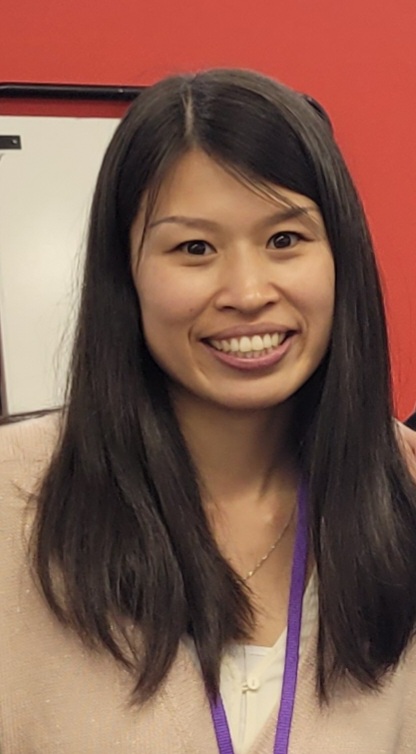Sudan is a country located in Northeast Africa, with a predominant influence from Arab culture. It faces ongoing internal arms conflicts while forms of therapy except physiotherapy are hardly available. In April 2019, there was the announcement of the President having been toppled after 30 years in power. In June 2019, there was a massacre in the capital; Khartoum where at least 120 protesters were killed and 50 were raped. In October 2021, there was a military coup where the prime minister was under house arrest, and he resigned in January 2022. The production of original and high-quality music has disappeared, and Sudanese media channels paid little attention to the music due to the dictatorship and the conflicts. Three music projects were initiated by Sudanese music teachers after the Sudanese Revolution in 2019. A board-certified music therapist was involved in one of the first music projects called Khartoum Philharmonic Orchestra and Choir (KPOC). The KPOC members aim to hold concerts in Khartoum and go on a tour across the country to advocate for freedom, democracy, justice, and peace, as well as bereave the martyrs of the recent Sudanese Revolution.
The second music project is the Foundation of Music Education in Sudan which is led by one of the orchestra members. The aim of the project is to provide advocacy, availability, accessibility, and sustainability of music education for public school children. A two-week training program for music educators was implemented from February to March 2022 in order for Sudanese music teachers to improve not only their teaching and musical skills but also their leadership skills as well as gain knowledge on music technology, Sudanese music history, and disabilities.
The third project is a Sudanese music research project which is led by one of the choir members. This project aims for peacebuilding by collecting various tribal and regional music across the country of Sudan and performing the music for the public.
This presentation includes the roles and involvement of the music therapist such as teaching and instructing a part of the music educator training program, networking with other international organizations, advocating the needs of projects, consulting with the project members, and observing and documenting the projects, and providing financial supports by gaining funds. It also explores professional specialties, roles, and potential contributions of music therapists on the process of peacebuilding in countries or areas with the needs of conflict resolution and/or peacebuilding.
Learner Objectives
III. A. 1. Develop a therapeutic relationship by:
a. Being fully present, authentic, and respectful.
b. Building trust and rapport.
c. Establishing roles, boundaries, and expectations.
e. Providing a safe and contained environment.
f. Recognizing and managing aspects of one’s own professional and personal biases, feelings, and behaviors that affect the therapeutic process (e.g., transference and countertransference).
g. Understanding group dynamics and processes.
III.A.4. Utilize the following music therapy approaches to inform clinical practice:
b. Community music therapy.
c. Culture-centered
V.A. 4. Engage in collaborative work with colleagues
V.B.11. Examine one’s own assumptions, values, and biases.
Biography
Ai Nakatsuka has worked with individuals with neurological and developmental disabilities in the USA, Sudan, the Netherlands, and Japan. She is conducting research and practicing music therapy in Sudan.


